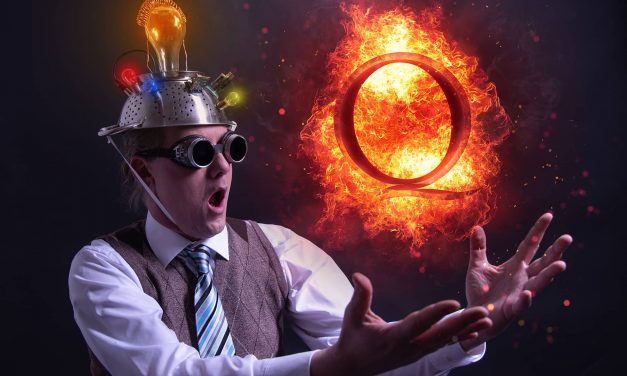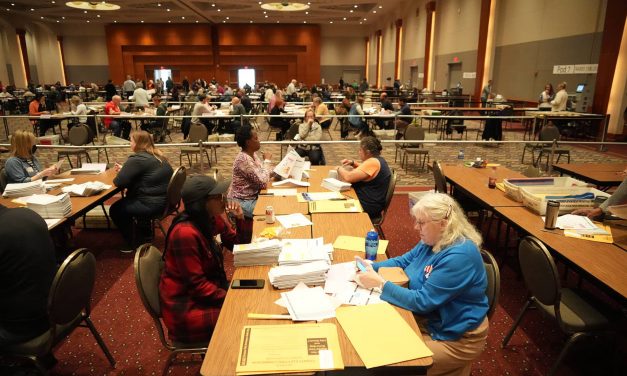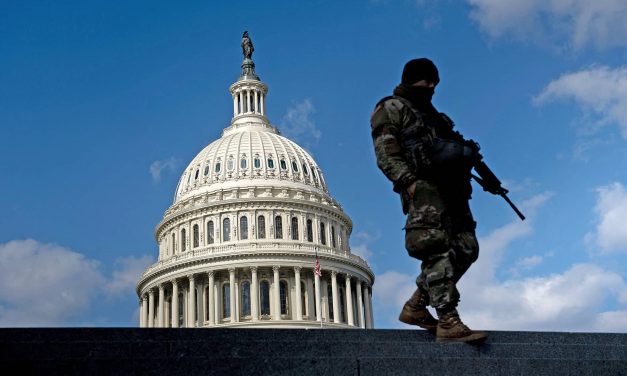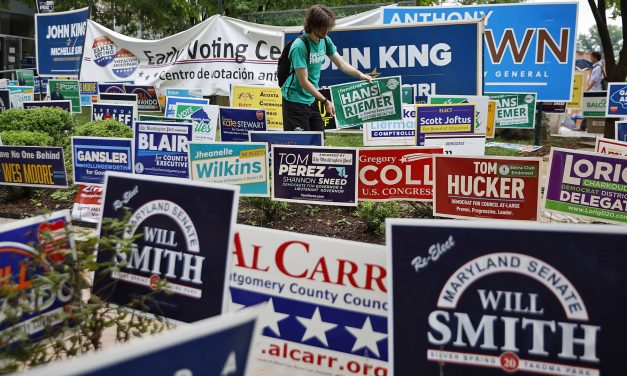Twitter Bots: Research shows content rules help protect free speech from political manipulation
By Filippo Menczer, Professor of Informatics and Computer Science, Indiana University Elon Musk’s acquisition of Twitter on October 27, 2022 has triggered renewed debate about what it means for the future of the social media platform, which plays an important role in determining the news and information many Americans are exposed to. In addition to expanding Twitter’s features, Musk has said he wants to make it an arena for free speech. What that means has fueled much speculation and raised concerns about the effect the acquisition will have on the 2022 midterm elections – and use of the platform...
Read More















